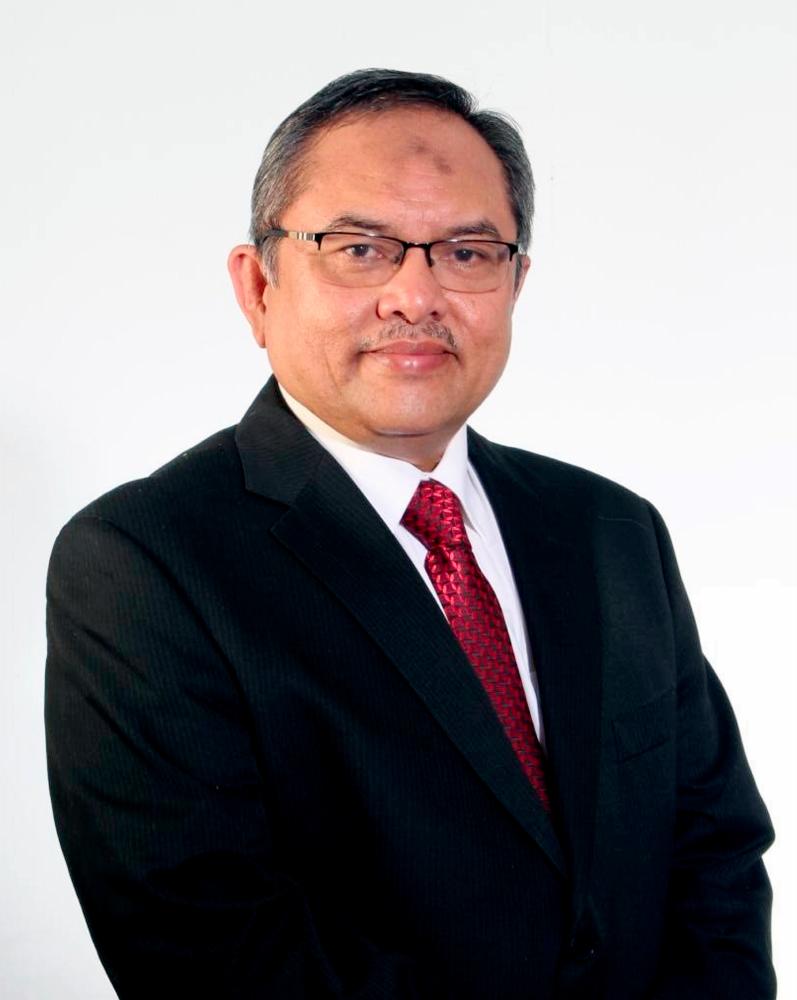PETALING JAYA: “We are overworked and underpaid, and the government must look into our problems now, before lecturers in public universities leave for the private sector or add to the brain drain by going abroad,” said National Professors Council governance, law, and management cluster head Prof Dr Nik Ahmad Kamal Nik Mahmood.
He was supporting the Jan 8 statement by Malaysian Academic Association Congress president Prof Dr Ahmad Ismail that more than 30,000 lecturers in 20 public universities in the country are under stress.
Ahmad Ismail had complained that lecturers face heavy workloads, including preparing lecture notes, quizzes and student assessments, supervising undergraduates, master’s and doctoral students as well as consulting and preparing assessments each semester.
“In addition, we have to prepare research proposals for grants from various agencies, carry out scientific studies for journals, attend seminars, conferences and meetings as well as perform administrative work.”
He added that for all this work, academics are poorly compensated salary-wise and receive little acknowledgement.
“If these issues are not addressed, they would negatively impact teaching, lecturers’ productivity, affect the quality of graduates and the country’s human resource talent pool.”
Nik Ahmad pointed out that academic workload often compels lecturers to extend their work hours beyond the designated weekly limit.
“This encompasses teaching, research, student supervision and other responsibilities. All these demands leave lecturers overwhelmed, and it has reached a critical stage that early retirement has become an attractive option for many educators within the public university system.”
Higher Education Ministry’s data for 2022 reveals that 1,868 professors and 5,115 associate professors were appointed in public universities and 30,380 lecturers and academic staff were working in 20 public universities in 2021.
Nik Ahmad said while teaching is a fundamental part of the workload, lecturers are expected to engage in research, secure grants, conduct consultancy work and actively participate in various university and community activities.
“Despite having numerous issues, the majority of lecturers remain dedicated to their duties. We deserve to be recognised with appropriate rewards and regular salary reviews, which are long overdue.”
He said “unreasonable KPIs” negatively impacted the ability of lecturers to excel in their multifaceted roles.
“This has also prevented many from taking advantage of opportunities provided by the government such as attending courses or workshops.”
Adding weight to their concerns, National Association of Private Educational Institutions secretary-general Dr Teh Choon Jin said academic staff in private institutions are also grappling with workload challenges, especially in programmes such as media, arts and design.
He added that despite these challenges, private institutions are committed to offering competitive compensation packages, benchmarking against industry standards, and providing incentives to attract and retain qualified academic professionals.
Teh said while private universities are businesses that are driven by the need for sustainability, it is important to address the low morale and heavy workloads among lecturers in public universities.









